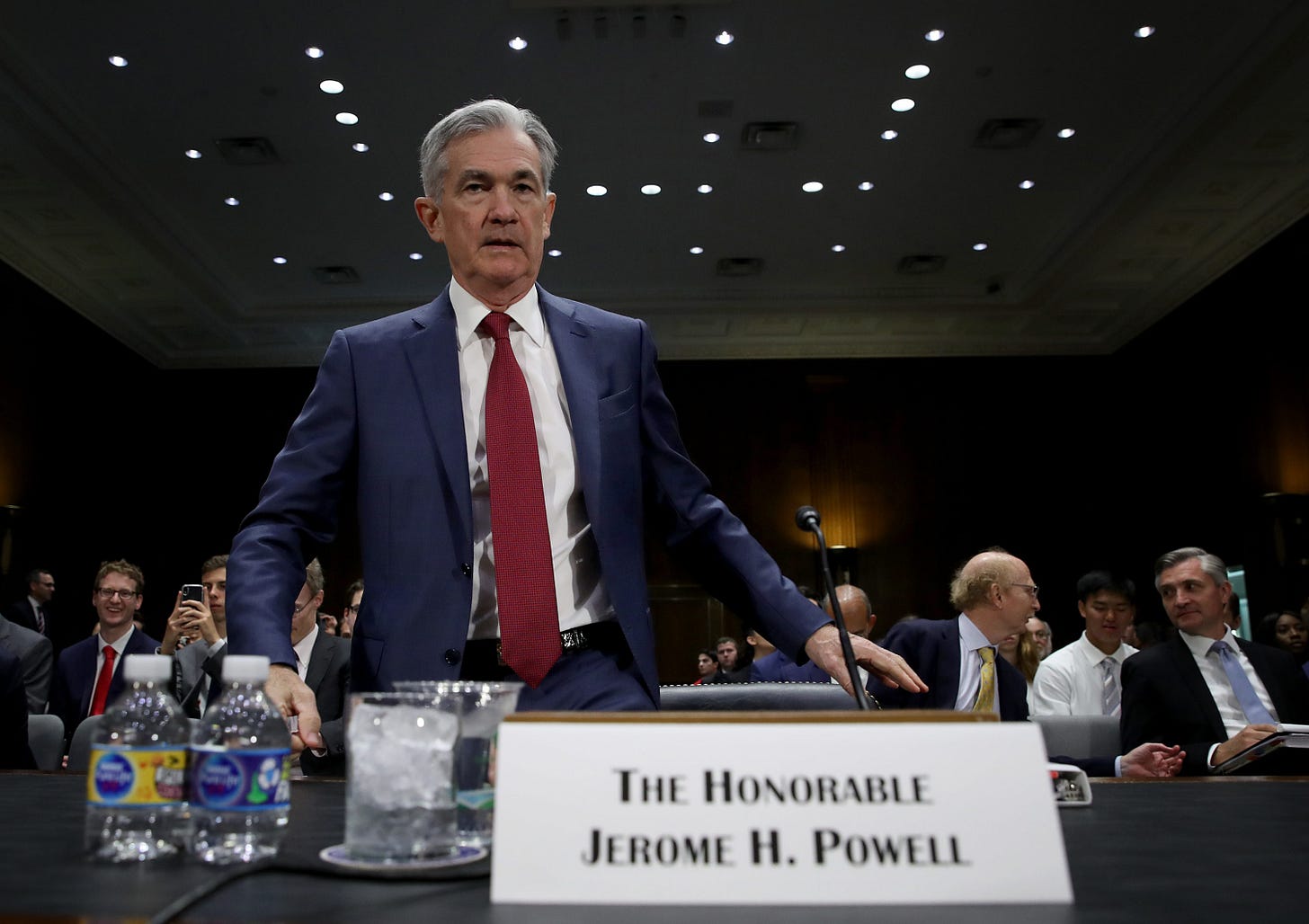Does the U.S. Have Ammunition to Fight the Next Recession?
Or will we repeat the mistakes of 2009?

As clouds gather over the global economy, there are many who ask whether, with high U.S. budget deficits, already low interest rates, and a bloated Federal Reserve balance sheet, U.S. policymakers would have sufficient ammunition to fight the next economic recession.The more pressing question is: How might economic policymakers best deploy the instruments at their disposal to fight the next recession in a manner that might avoid the mistakes made in responding to the last recession?
Two basic sets of economic policy mistakes were made in responding to the 2008-2009 Great Economic Recession.
The first mistake was that while there was a large fiscal policy response, it was very poorly designed. Rather than seeking to design a package of tax cuts and public spending increases that might have gotten the most bang for the buck, the Obama administration chose to leave the budget response’s design largely to Congress. As should have been expected from such a move, the fiscal response that emerged was overloaded with pork-barrel projects that might have been pleasing to local constituents but did little to stimulate the economy.
The more serious policy mistake was for the government to have placed too much of the burden for avoiding a deflationary downturn on the Federal Reserve. With interest rates soon having reached their zero lower bound and with Congress reluctant to introduce another fiscal stimulus, the Federal Reserve felt that it had little choice but to make unorthodox resort to three rounds of massive purchases of government bonds and mortgage-backed securities. The Fed did so with the intention of driving down long-term interest rates and of encouraging investors to take on more risk.
The Fed’s efforts succeeded in preventing a deflationary downward economic spiral. Indeed, over the past decade, the U.S. has experienced its longest -- albeit slowest -- economic recovery on record. Meanwhile, U.S. unemployment has steadily declined to its lowest level in the past 50 years without jeopardizing the Fed’s inflation target.
But the Fed’s success in promoting an economic recovery came at a considerable cost. By suppressing interest rates received by savers and by creating the conditions for a decade-long stock market boom, the Fed contributed to income and wealth inequality, which has poisoned the U.S. political landscape.
The Fed’s bond-buying spree, together with that of the world’s other major central banks, also contributed to the substantial misallocation of capital and to the mispricing of credit risk around the world. For proof look no further than at the explosive increase in the U.S. leveraged loan market, or at the fact that European high-yield borrowers and a country as highly indebted as Greece can now borrow at negative interest rates. By having seriously distorted credit markets and increased debt levels, the Fed has all too likely set us up for a sharper, more painful recession when the next one finally comes.
Those who fret that we might have run out of ammunition to fight the next recession overlook the fact that with ultra-low government borrowing costs, governments can now tolerate higher budget deficits and public debt levels than they could before. The doubters also overlook the power of the Federal Reserve to substantially expand its balance sheet again by extending the menu of assets it might buy to produce yet another bout of asset price inflation in general and a stock market boom in particular.
In responding to the next recession, the main policy challenge will be how to expand the Fed’s balance sheet in a manner that does not repeat the mistakes of the Great Recession. The key questions policymakers should already be asking is how to respond without exacerbating income and wealth inequality and without setting us up for the next major economic bust.
One way forward that would seem to offer a solution would be some variant of Milton Friedman’s “helicopter” money idea. By having the Federal Reserve finance a government handout on the most generous of terms to those citizens most likely to spend that money, the Fed will have done something to address the country’s inequality problem. It would also have promoted an economic recovery without distorting the capital market or unduly having increasing debt levels.
Hopefully, in responding to the next recession, serious thought will be given to the helicopter money idea. If not, we should brace ourselves for an even more dramatic Fed-produced boom-bust cycle.

